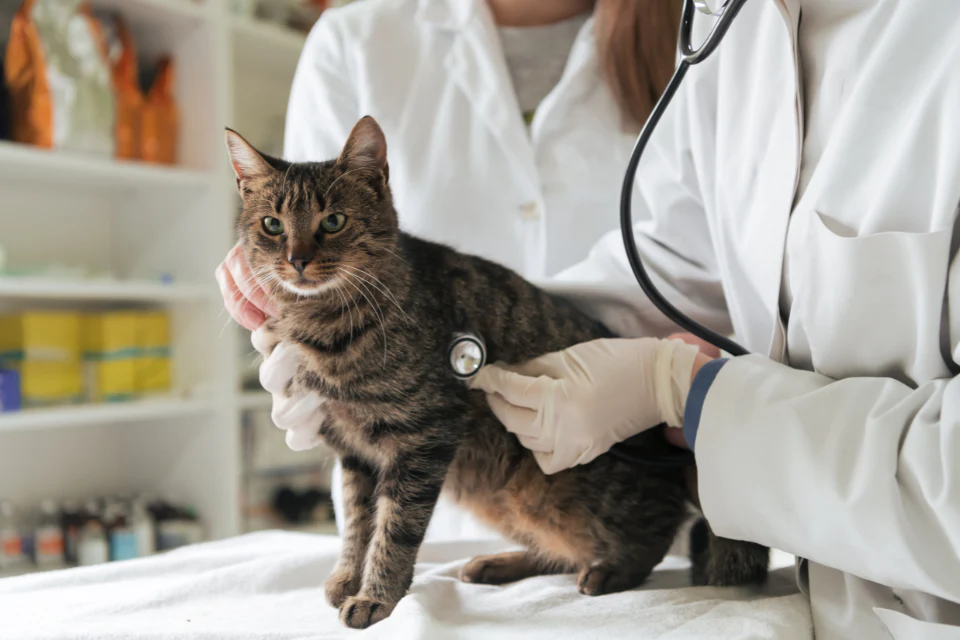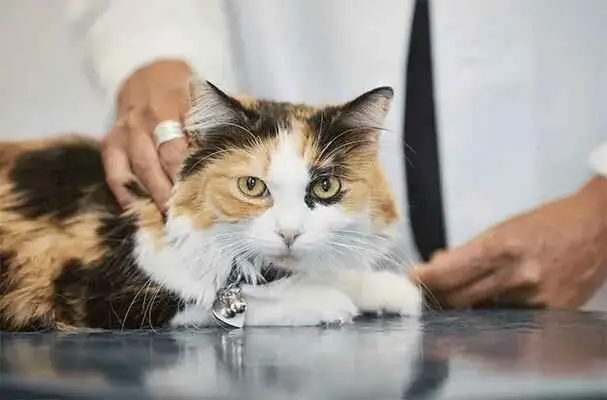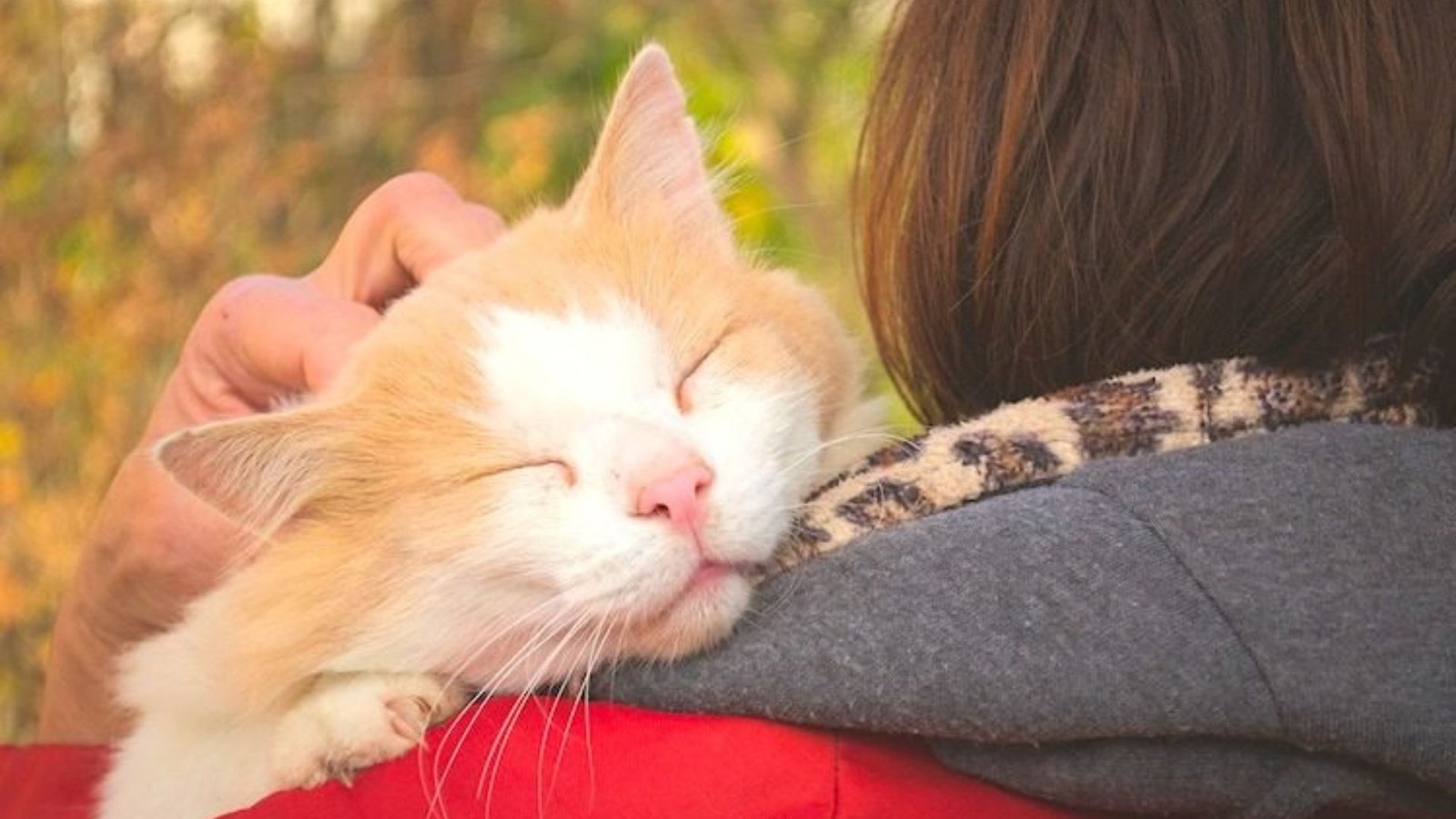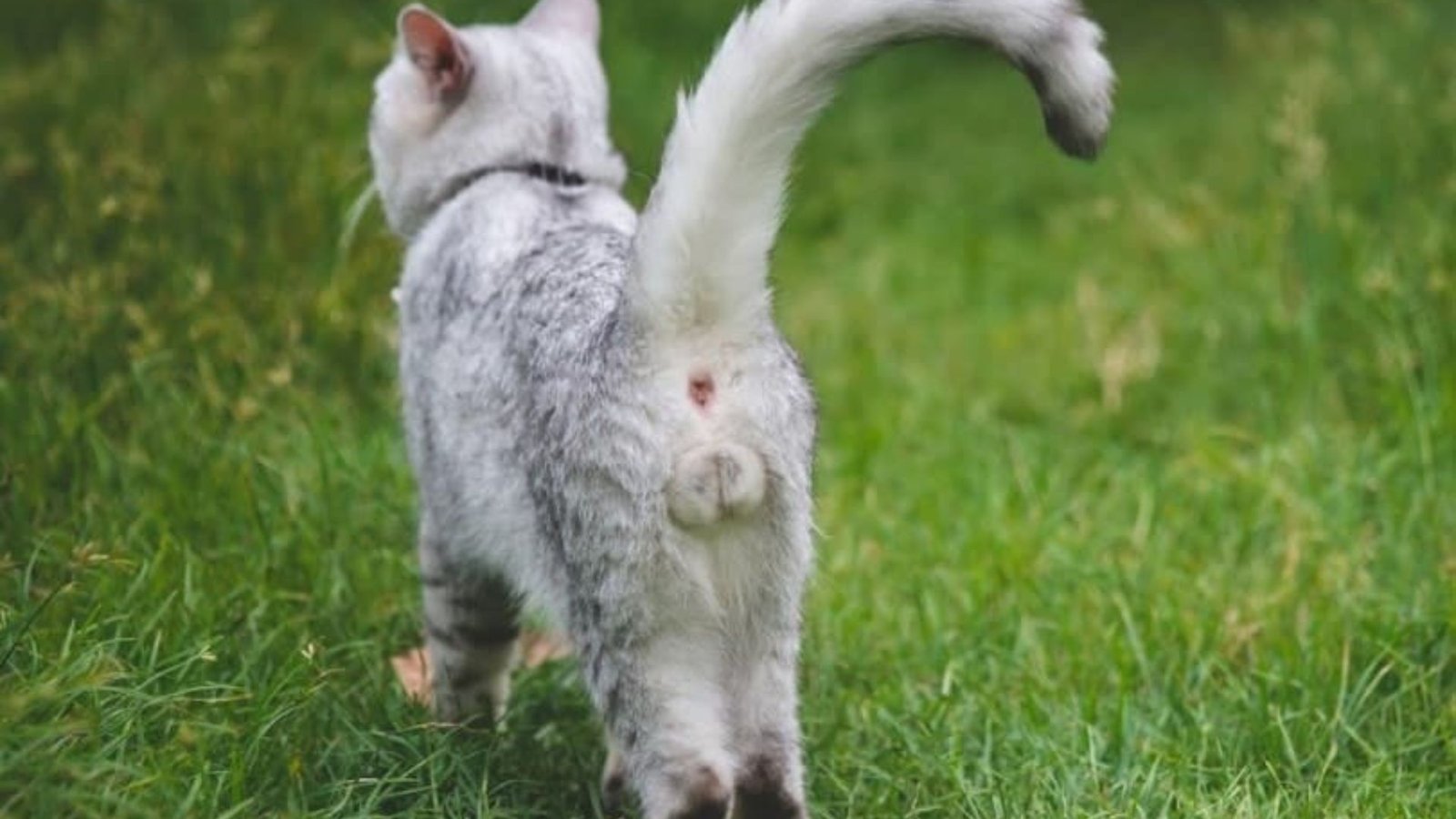Male cats face unique health challenges that cat owners should be aware of to ensure their feline companions live long and healthy lives. This guide highlights the most common health concerns specific to male cats, their symptoms, and preventative measures.
1. Urinary Blockages
What It Is:
Urinary blockages are a life-threatening condition more common in male cats due to their narrower urethra. The blockage can prevent urine flow, leading to severe pain and potentially fatal kidney damage.
Symptoms:
- Straining to urinate
- Blood in the urine
- Frequent trips to the litter box with little to no output
- Crying or vocalizing in pain
- Lethargy or vomiting
Prevention and Management:
- Feed a diet low in magnesium and phosphorus to prevent crystal formation.
- Encourage hydration by providing wet food and fresh water.
- Consult a vet immediately if symptoms appear.
2. Testicular Tumors (in Unneutered Males)
What It Is:
Unneutered male cats are at risk of developing testicular cancer as they age. This condition can often go unnoticed until it becomes severe.
Symptoms:
- Swelling or lumps near the testicles
- Behavioral changes like lethargy or aggression
Prevention:
- Neutering eliminates the risk of testicular tumors and reduces the likelihood of hormonal aggression.

3. Obesity and Diabetes
What It Is:
Male cats, particularly those who are neutered, are more prone to obesity due to a slower metabolism, which increases the risk of diabetes.
Symptoms:
- Rapid weight gain
- Excessive thirst and urination
- Lethargy or weakness
Prevention:
- Provide a balanced diet and avoid overfeeding.
- Engage in daily play sessions to maintain an active lifestyle.
4. Feline Lower Urinary Tract Disease (FLUTD)
What It Is:
FLUTD encompasses various urinary tract issues, including infections, bladder inflammation, and stones, which are more prevalent in male cats due to their anatomy.
Symptoms:
- Difficulty or pain during urination
- Urinating outside the litter box
- Excessive licking of the genital area
Prevention and Management:
- Regular vet checkups to monitor urinary health.
- Feed urinary health-focused cat food as recommended by a vet.
5. Territorial Aggression and Stress
What It Is:
Male cats are naturally territorial, which can lead to stress-related health issues like overgrooming or suppressed immune function.
Symptoms:
- Persistent marking or spraying
- Aggression toward other cats or people
- Loss of appetite
Prevention:
- Neuter your cat to reduce territorial behaviors.
- Create a calm environment with designated spaces for your cat to retreat to.
6. Prostate Issues
What It Is:
Unneutered male cats can develop prostate problems, including enlargement and infections, which can cause discomfort and urinary issues.
Symptoms:
- Straining to urinate or defecate
- Blood in urine
- Swelling near the abdominal area
Prevention and Management:
- Neutering eliminates most prostate-related health risks.
- Consult a vet for regular checkups, especially for older unneutered males.
7. Feline Infectious Diseases
Male cats, particularly outdoor or unneutered ones, are more likely to fight with other cats, increasing their risk of contracting diseases like:
- Feline Leukemia Virus (FeLV)
- Feline Immunodeficiency Virus (FIV)
Prevention:
- Keep your male cat indoors to limit exposure to other cats.
- Ensure your cat is vaccinated and receives regular health screenings.
8. Perineal Urethrostomy (PU)
What It Is:
In severe cases of recurrent urinary blockages, male cats may require PU surgery, which involves widening the urethra to prevent future blockages.
Management Post-Surgery:
- Monitor for signs of infection or inflammation.
- Maintain a vet-recommended diet to prevent stone formation.
Conclusion
Male cats have distinct health risks that require vigilant care and regular veterinary checkups. Understanding these conditions and taking proactive measures—such as neutering, providing a proper diet, and ensuring hydration—can help your male cat live a happy, healthy life.
When in doubt, always consult a veterinarian to address any symptoms or concerns promptly. Your attention to your cat’s health is the best way to ensure their well-being.




